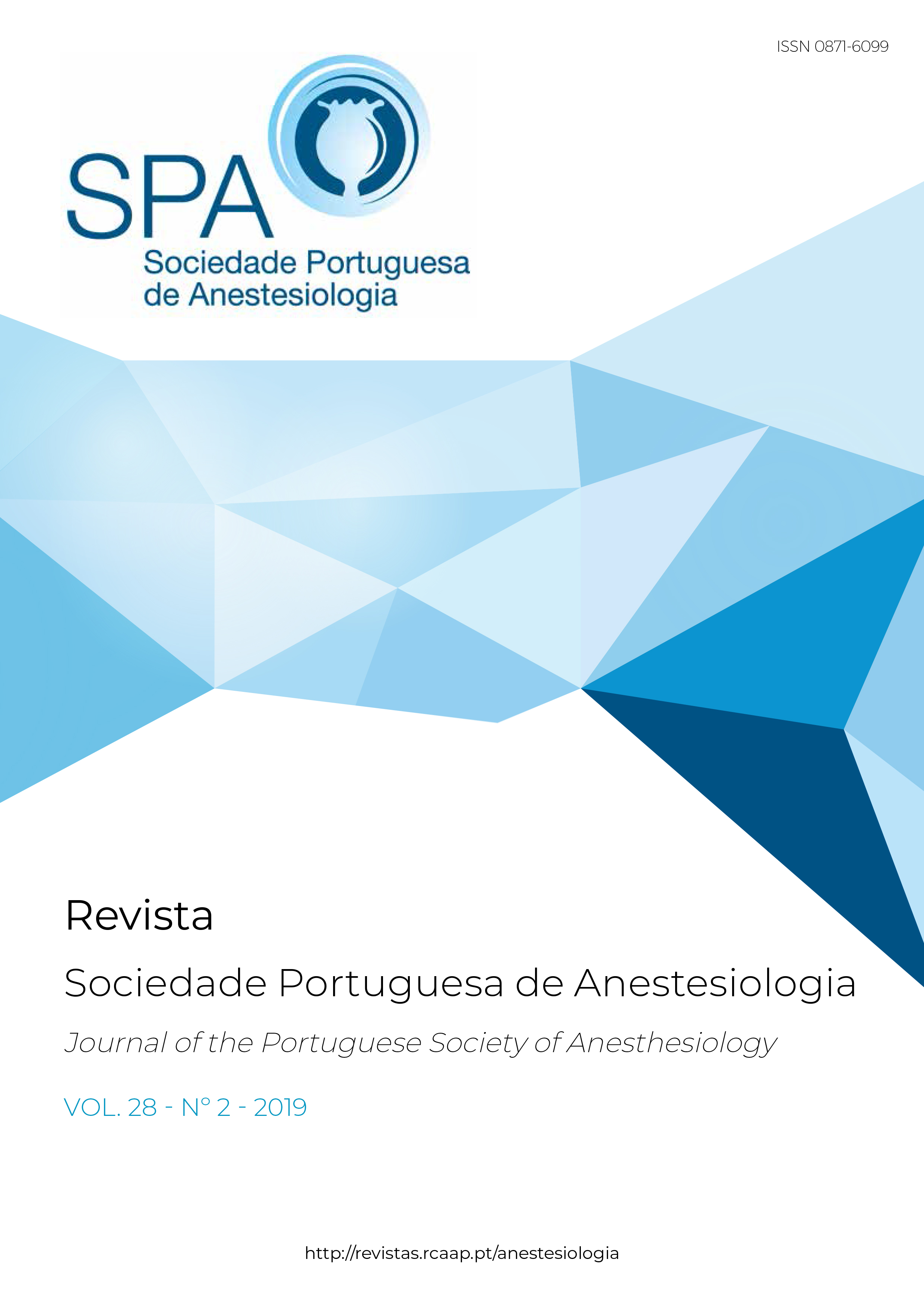Ethical Dilemma and Moral Distress
DOI:
https://doi.org/10.25751/rspa.18014Keywords:
Attitude of Health Personnel; Bioethical Issues; Burnout, Professional; Ethics, Clinical; Ethics, Medical; Moral Obligations; MoralsAbstract
The author seeks to discuss the use and the meaning of the term moral distress considering the circumstances in which it is applied and its importance in the process of ethical deliberation in clinical practice. According to the literature and within the concepts of bioethics, the author concludes that, from his point of view, there is no place for moral distress as an emotion or phenomenon that arises after the
deliberation and the clinical decision, however it is acceptable that moral distress appears as an inevitable and normal emotion during the discussion of the ethical dilemma. Thus, in his opinion, it is not the moral distress that can be blamed for the compassion fatigue or moral residue.
Downloads
References
2. Førde R, Aasland OG. Moral distress among Norwegian doctors. J Med Ethics. 2008;34:521-5. doi: 10.1136/jme.2007.021246.
3. Sporrong SK, Höglund AT, Arnetz B. Measuring moral distress in pharmacy and clinical practice. Nurs Ethics. 2006;13:416-27.
4. Wiggleton C, Petrusa E, Loomis K, Tarpley J, Tarpley M, O'Gorman ML, et al. Medical students' experiences of moral distress: development of a web-based survey. Acad Med. 2010;85:111-7. doi: 10.1097/ACM.0b013e3181c4782b
5. Ethics Austin W, Rankel M, Kagan L, Bergum V, Lemermeyer G. To stay or to go, to speak or stay silent, to act or not to act: moral distress as experienced by psychologists. Ethics Behav. 2005;15:197-212.
6. Lamiani G, Borghi L, Argentero P. When healthcare professionals cannot do the right thing: A systematic review of moral distress and its correlates. J Health Psychol. 2017;22:51-67. doi: 10.1177/1359105315595120.
7. Hamric AB, Blackhall LJ. Nurse-physician perspectives on the care of dying patients in intensive care units: collaboration, moral distress, and ethical climate. Crit Care Med. 2007;35:422-9.
8. Styron W. Sophie’s Choice. New York: Random House; 1979.
9. Sartre JP. Existentialism and human emotions. Kensington: Kensington Publishing Corporation; 2000.
10. Fourie C. Moral distress and moral conflict in clinical ethics. Bioethics. 2015;29:91-7. doi: 10.1111/bioe.12064.
11. Epstein EG, Hamric AB. Moral distress, moral residue, and the crescendo effect. J Clin Ethics. 2009;20:330-42.
12. Teilhard de Chardin P. The Phenomenon of Man. London: Harper Collins Publishers; 1976.
Downloads
Published
How to Cite
Issue
Section
License
Articles are freely available to be read, downloaded and shared from the time of publication.
The RSPA reserves the right to commercialize the article as an integral part of the journal (in the preparation of reprints, for example). The author should accompany the submission letter with a declaration of copyright transfer for commercial purposes.
Articles are published under the terms of the Creative Commons Attribution Non-Commercial License (CC BY-NC).
After publication in RSPA, authors are allowed to make their articles available in repositories of their home institutions, as long as they always mention where they were published.


